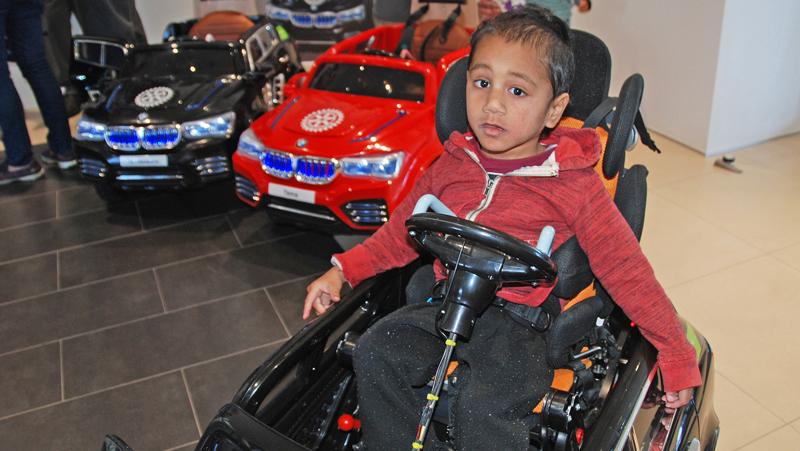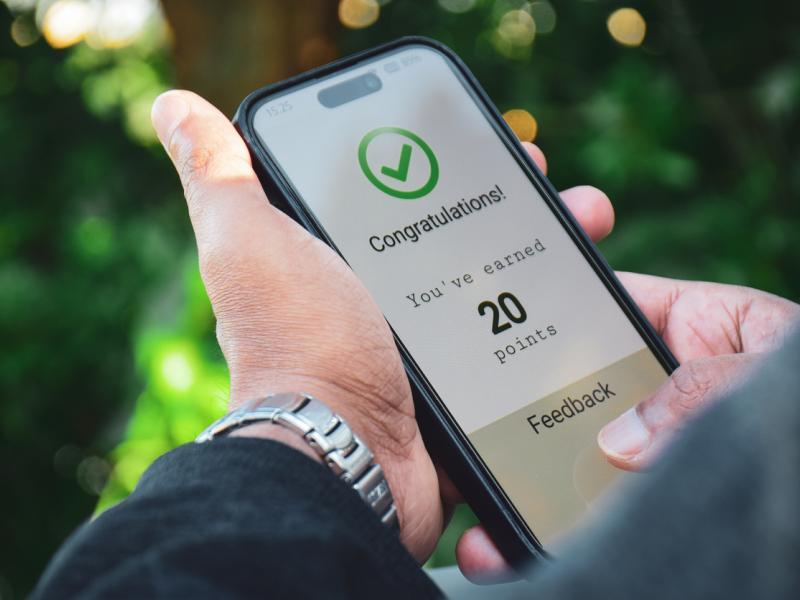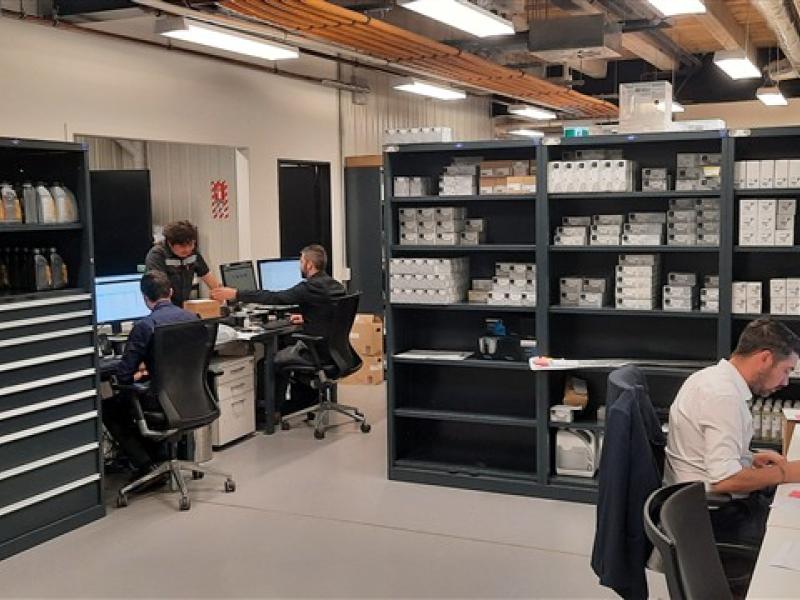Story and photos Jacqui Madelin
Volunteer-run charity Gobabygo has given 11 specially adapted, ride-in electric BMW toy cars to 11 mobility-challenged Waikato children.
Children such as three-year-old Ezekiel, who lives with cerebral palsy, and relies on a tiny wheelchair to get around, or 18-month-old Kingston, who has cardiac issues — among other health challenges — and who therefore tires easily.
Paediatric research shows that independent mobility is vital to a child’s development, and not only to help them navigate in space when they get their own wheelchair, or their health improves.
Gobabygo board member in charge of build, Mark Prujean, says: “Independent play is vital to a child’s development, and it helps develop neural pathways they will need as they grow. But more than that, mobile play also helps them develop stronger bonds with their brothers and sisters, and with friends at kindy, or at school – bonds which will stand them in good stead as they reach their teens, and adulthood.”
It also helps them learn boundaries. After all, a child which cannot move without an adult to carry them can now choose to be naughty, to chase the cat, or head the wrong way down the pavement, and hear “no” for the first time, no doubt a mixed blessing for some parents, but also a sign of “normality” for children whose health often sets them apart.
Parents of these kids say other children now talk to their kids when perhaps they didn’t before, because they’re interested in the car. And at last they can send all their children out together, to the dairy or to play, on bicycles or in their Gobabygo car.
The charity buys the standard ride-in toy car, which plugs into a household socket to recharge its battery, and then fits the adaptations the child’s therapist deems necessary.
The throttle may become head or hand operated, the child may need a five-point harness in place of a seatbelt, or handles to assist grip of the steering wheel, or a headrest.
Each car also has a remote, as some children need an adult to control the wheel and throttle at first, or may always need assistance.
The charity supports the car as long as the child fits within it, and feedback has been overwhelmingly positive.
Mark and his team are grateful for the support they receive in the Waikato from the combined Rotary clubs of Hamilton, from the Coombes Johnson BMW dealer – BMW NZ is an annual donor – and from the local therapist network.
“We’re looking forward to returning to donate more cars, as soon as more families have applied,” he says.
“Fortunately we’re easy to find for, often parents put Gobabygo NZ on Google or Facebook, and the next thing we’re processing an application and meeting them to hand over a car!






